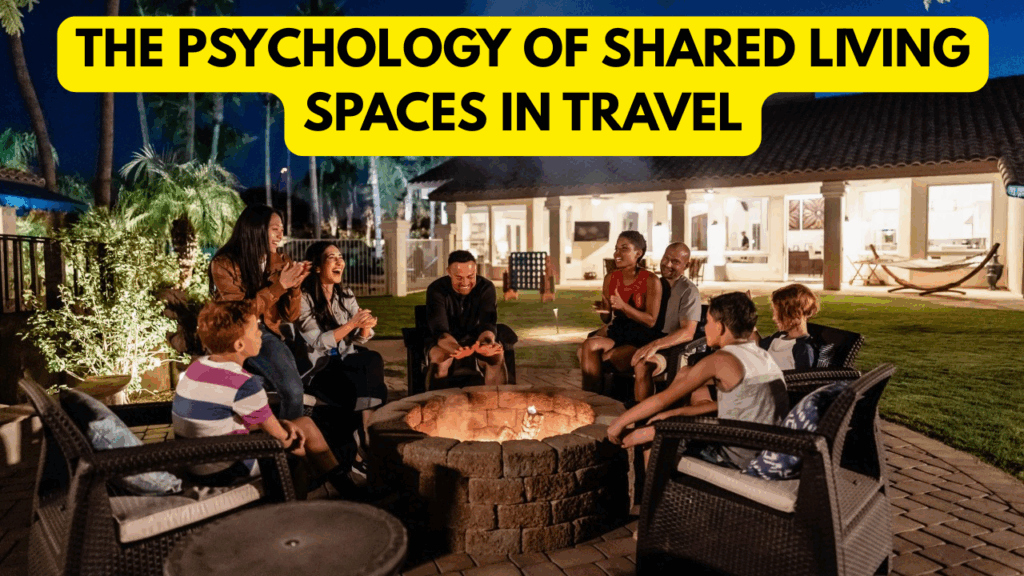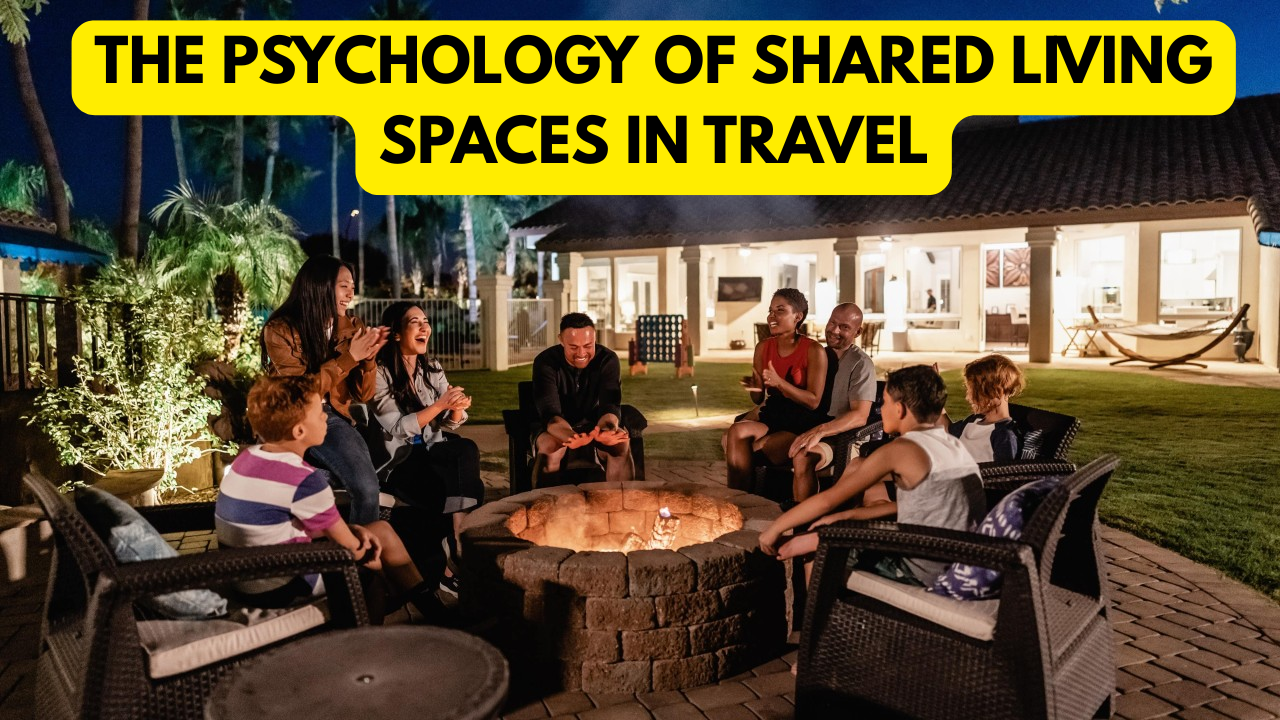
Traveling is not just about visiting new destinations; it’s also about the experiences, interactions, and relationships built along the way. One of the most unique aspects of modern travel is staying in hostels, where shared living spaces are the norm. From dorm rooms to communal kitchens and social lounges, hostels create environments where strangers become companions, and cultural exchange happens naturally. But what makes these shared spaces so appealing? The answer lies in psychology.
Why Shared Living Spaces Matter in Travel
Unlike hotels that emphasize privacy, hostels focus on community and interaction. Living in shared spaces taps into human needs for belonging, connection, and shared experiences. These psychological elements make hostels especially attractive to solo travelers, budget explorers, and adventurous backpackers.
Key Psychological Factors at Play
- The Need for Social Belonging – Humans are wired to seek connections. Shared dorms and common areas provide opportunities to meet like-minded travelers.
- The Joy of Cultural Exchange – Exposure to different languages, traditions, and viewpoints enriches the travel experience.
- The Concept of Collective Identity – Living and sharing space fosters a sense of being part of a global community.
- The Comfort of Familiarity in Strangers – Travelers often bond quickly because they share common goals: exploration and adventure.
- The Balance of Privacy and Community – While communal living is social, hostels often provide private corners or rooms for balance.
Psychological Benefits of Shared Spaces
1. Reduced Loneliness
Solo travel can sometimes feel isolating. Dorms and lounges create instant opportunities to connect, reducing feelings of loneliness.
2. Increased Learning Opportunities
Every conversation in a hostel is a chance to learn—from discovering hidden travel routes to understanding different cultures.
3. Enhanced Well-being
Positive social interactions trigger dopamine and oxytocin release, improving mood and mental health during travel.
4. Collective Resilience
Travel challenges—like delayed flights or lost luggage—feel lighter when shared with others going through similar experiences.
5. Building Lifelong Friendships
Many travelers testify that the people they meet in hostels become lifelong friends, adding emotional depth to their journeys.
Challenges of Shared Living Spaces
While the benefits are plenty, hostel life also comes with challenges:
- Noise and Privacy Issues – Constant activity can disturb sleep or personal downtime.
- Cultural Differences – Misunderstandings may arise from diverse customs or behaviors.
- Space Management – Shared kitchens, bathrooms, and storage can sometimes cause conflict.
Overcoming these requires patience, respect, and adaptability, which in turn strengthen personal growth.
Practical Ways to Maximize Shared Living Comfort
- Set Boundaries politely when you need space.
- Use tools like earplugs and eye masks for uninterrupted rest.
- Engage socially but know when to recharge alone.
- Respect others’ cultures and habits to maintain harmony.
- Participate in hostel activities to make the most of the community vibe.
Shared Living Psychology Table
| Psychological Factor | Impact on Travelers | Example in Hostels |
|---|---|---|
| Belonging & Connection | Creates friendships and networks | Meeting roommates in dorms |
| Cultural Exchange | Expands worldview | Conversations in common lounges |
| Shared Identity | Fosters global community feeling | Group tours organized by hostels |
| Familiarity in Strangers | Builds quick bonds | Sharing travel stories at dinner |
| Balance of Privacy | Supports mental well-being | Private rooms in social hostels |
Overview Table
| Aspect | Positive Outcome | Possible Challenge |
|---|---|---|
| Social Belonging | Reduces loneliness | Over-socialization fatigue |
| Cultural Exchange | Learning and growth | Miscommunication |
| Shared Identity | Feeling of unity | Loss of individuality |
| Collective Resilience | Emotional support in tough times | Dependence on group |
| Affordability | Budget-friendly stays | Less privacy and comfort |
Final Thoughts
The psychology of shared living spaces in travel explains why hostels remain such a beloved choice among modern travelers. They not only provide affordable accommodation but also fulfill deeper psychological needs like connection, belonging, and learning. While challenges exist, the benefits far outweigh the drawbacks, making hostels the perfect mix of budget travel and human connection. Ultimately, these spaces show us that the heart of travel lies not just in places, but in people.
FAQs
Q1: Why do travelers enjoy shared hostel spaces?
Because they satisfy the human need for connection, cultural exchange, and belonging.
Q2: What psychological benefits do hostels offer?
They reduce loneliness, boost well-being, and create opportunities for lifelong friendships.
Q3: Are shared living spaces suitable for introverts?
Yes—many hostels provide private areas alongside communal spaces, allowing balance.

